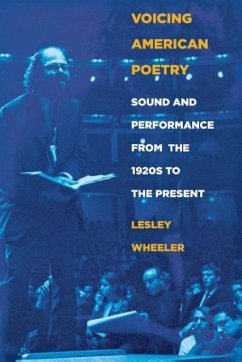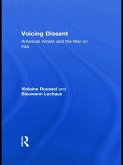The early 19th century was a period of acute transition in operatictradition and style, when time-honored practices gave way to the developingaesthetics of Romanticism, the rise of the tenor overtook the falling stars of thecastrati, and the heroic, the masculine, and the feminine were profoundlyreconfigured. These transformations resounded in operatic plot structures as well;the happy resolution of the 18th century twisted into a tragic 19th-century finalewith the death of the helpless and innocent heroine -- and frequently her tenor heroalong with her. Female voices which formerly had sung en travesti, or basically inmale drag, opposite their female character counterparts then took on roles of thesecond woman, a companion and foil to the death-bound heroine rather than herromantic partner. In Voicing Gender, Naomi Andr skillfully traces the developmentof female characters in these first decades of the century, weaving in and aroundthese changes in voicings and plot lines, to define an emergent legacy in operaticroles.
Hinweis: Dieser Artikel kann nur an eine deutsche Lieferadresse ausgeliefert werden.
Hinweis: Dieser Artikel kann nur an eine deutsche Lieferadresse ausgeliefert werden.








